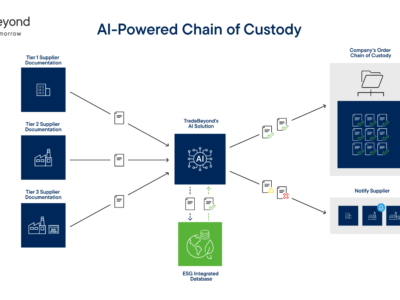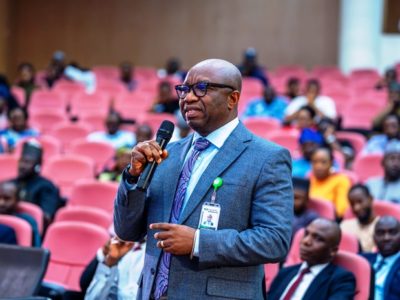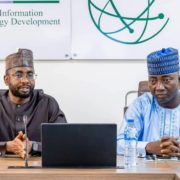The Government of Australia has announced a gender-equality and women’s empowerment initiative to increase the influence of women in decision-making at the Plenipotentiary Conference of the International Telecommunication Union (ITU) later this year.
The initiative, launched today at ITU’s standardization conference in Geneva, Switzerland, aims to prepare women delegates for multilateral negotiation, chairing, speaking, and policy-making roles at the upcoming conference of the organization’s highest governing body.
RELATED 6th ITU Forum Charts Course For Inclusive Digital Future
The ITU Plenipotentiary Conference, or “PP-22″, taking place in Bucharest, Romania, from 26 September to 14 October this year, aims for unprecedented gender equality within the traditionally male-dominated field of information and communication technologies (ICTs).
“Technology is revolutionizing and redefining the way we live, yet women are currently under-represented in ICT design, development, and governance,” said Amanda Gorely, Australia’s Ambassador to the United Nations in Geneva. “Increasing women’s meaningful participation is essential to maximise the benefits of ICTs and ensure they meets the needs of society. Women’s empowerment in ICT decision-making processes will have benefits far beyond the ITU Plenipotentiary conference.”
Ambassador Gorely pledged to support the initiative during an 8 March gathering of ITU’s Women in Standardization Expert Group (WISE) to mark International Women’s Day.
Houlin Zhao, ITU Secretary-General said: “We look forward, with the Government of Australia’s generous help, to setting new benchmarks for women’s representation at PP-22. Not only do we aim for women to be at least 35 per cent of our delegates, but they should be actively chairing key committees and working groups – and mainstreaming a gender perspective in ITU’s resolutions and decisions.”
Targeting equality and sustainability
ITU Member States, including “PP-22″ host country Romania, have set out to hold the conference in accordance with UN Sustainable Development Goals, including climate action, responsible consumption and production, inclusiveness, and gender equality.
“In line with our intention as host country and the approval of the ITU Council in 2021, we aim to organize an inclusive and gender-responsive plenipotentiary,” said Cristiana Flutur, Chairwoman of COM-ITU and the coordinator of the PP-22 preparation process at national level. “Our objective will be to go beyond the traditional approach and make sure that women will have an equal opportunity to get involved in discussions on substantial matters for the future of ITU and the sector, both during the conference and during the side-event dedicated to promoting the role of women in ICT. We encourage all ITU member states to make it a priority to ensure gender-balanced delegations.”
ITU – as the UN specialized agency for ICTs – has advocated throughout its modern history to attract more girls and women into science, technology, engineering and mathematic (STEM) careers, including policy and technology roles in support of a sustainable, digital-powered future.
“ITU Member States will set the direction of digital transformation for years to come, for the benefit of the planet and humanity,” Secretary-General Zhao said. “Hence, we are confident women in agenda-setting, governance and decision-making roles at PP-22 can help to achieve a longer-term, systemic impact across the field of ICTs.”
Championing women in ICT roles
The last ITU plenipotentiary in 2018 broke previous records for gender balance, with women accounting for nearly three out of ten participants, up from two out of ten at the 2014 conference. In another notable breakthrough, ITU’s Member States elected the first woman ever to one of the organization’s five top management positions.
Member States for the first time elected more women than men – four out of seven – as committee chairs for the 2018 conference, as well as upping women’s representation from two members to three on a key global regulatory group, the ITU Radio Regulations Board.
“If women aren’t present at the core, then their perspectives and needs are unlikely to be represented in the results,” Ambassador Gorely said.
ITU – the UN specialized agency for ICTs – was first established to regulate the telegraph in 1865.
In recent years, members and stakeholders have formed dedicated women’s networks for Radiocommunication, Standardization and Development – each being a key “sector” of ITU’s work.
Zhao, Secretary-General since 2014, is recognized as a “Gender Champion” in the UN system.































